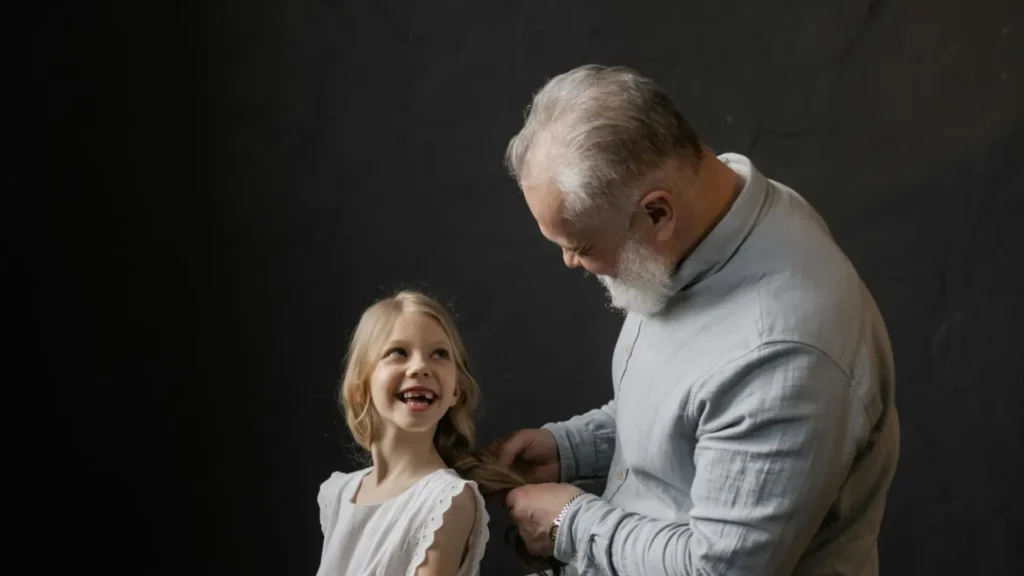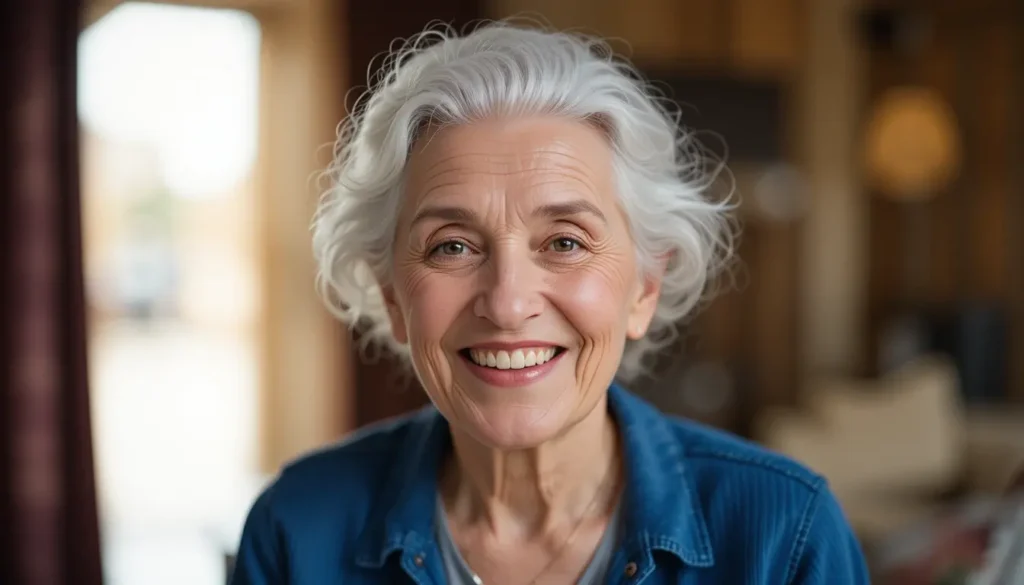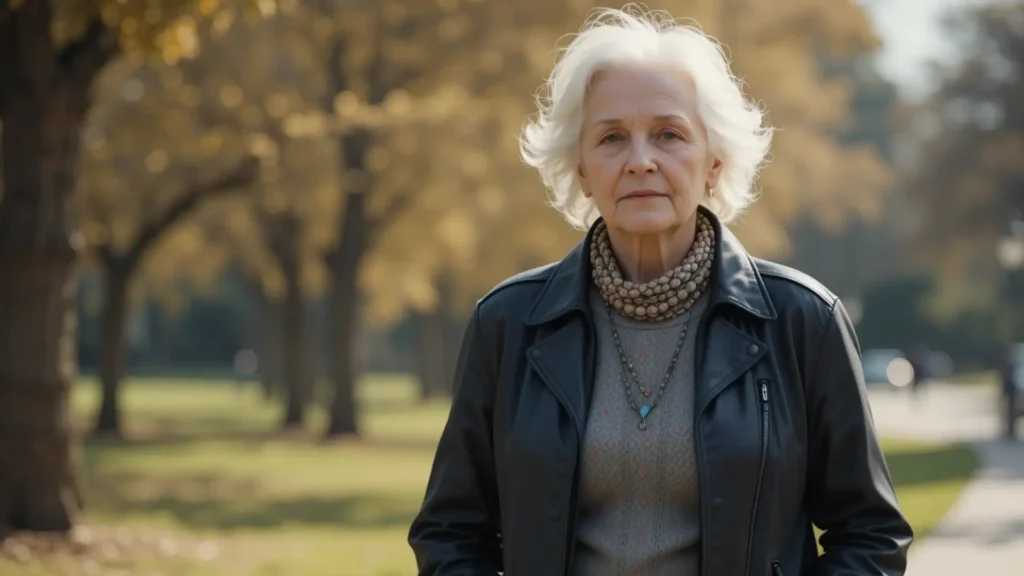Older adults face a myriad of challenges that impact their life. Formal care systems and community resources play an important role in addressing these needs. But it is the family which plays the ultimate role in supporting the older adults. Family members provide practical assistance along with emotional comfort, companionship, and a sense of belonging.
In this article, we will explore the multifaceted ways in which family contributes to the well-being of older adults. By understanding the critical role of family, we can better appreciate the importance of nurturing these relationships to ensure that older adults live fulfilling and dignified lives.
Mental Health
Family members provide immediate companionship. This reduces feelings of loneliness. Regular interaction with family members helps older adults feel connected to the world around them. They feel fulfilled around their children and grandchildren.
Family members provides the elders support by engaging in activities such as conversations, playing games, and spending time together. These activities stimulate cognitive function and improve mood.
Being part of a family gives older adults a sense of belonging and purpose. It reinforces their identity and helps them feel valued and loved. This sense of belonging is particularly important as older adults face changes in their roles within family and society. Family members help remind older adults of their contributions to the family and society. This recognition helps them maintain a positive self-image.
Emotional support from family help mitigate stress. Regular interaction with family members improves mental well-being and cognitive function. Family members can play vital roles by encouraging older adults to engage in hobbies, and exercise.
Additionally, family members provide emotional reassurance during difficult times, such as when dealing with chronic illness and the loss of a loved one.
Physical Health
Family members play a critical role in monitoring the health of older adults. They are the primary observers of noticing changes in their behavior, mobility, and cognition. Their observation is critical in ensuring timely medical intervention.
When older adults experience physical limitations, family members provide support for them. This support helps maintain their quality of life. For instance, family members can help older adults prepare nutritious meals.
Similarly, family members can assist with bathing and dressing. Sometime these tasks are challenging for older adults with mobility issues.
Families often take on the responsibility of coordinating medical appointments, managing medications, and communicating with healthcare providers. This ensures that older adults receive the care they need.
Family members also help older adults navigate complex healthcare systems. They understand their treatment options and follow through with prescribed therapies.
Social Engagement

Family members can encourage older adults to stay socially active by involving them in family gatherings, celebrations, and community events. This helps prevent social isolation and promotes a sense of connection to the broader community.
Relationships with younger family members, such as grandchildren, provide older adults with a renewed sense of purpose. These intergenerational bonds allow for the sharing of wisdom, traditions, and values. Grandparents can pass down family stories, cultural practices, and life lessons to younger generations. At the same time, grandchildren can bring energy and excitement into the lives of older adults.
Financial Support
Many older adults face financial challenges due to fixed incomes and rising healthcare costs. In this case, family members can provide financial assistance or help manage finances to ensure that older adults can meet their basic needs.
In some cases, older adults may move in with family members or vice versa, allowing for shared living arrangements that can reduce costs and provide mutual support. This arrangement can also enhance the quality of life for both generations.
For example, older adults may provide childcare or household assistance, while younger family members offer caregiving and companionship. Shared living arrangements also help older adults remain in familiar environments.
Cultural Significance
In many cultures, the family is the primary unit of social organization. Older adults are seen as the keepers of tradition and cultural heritage. Family involvement helps preserve cultural practices, rituals, and values. Caring for the elders are important for maintaining a sense of identity and continuity.
Spirituality and religion are important aspects of life. Family members can support their spiritual practices by accompanying them to religious services or engaging in spiritual discussions. For example, family members can pray with older adults, read religious texts together, or discuss spiritual beliefs. This spiritual connection can help older adults find peace and acceptance as they approach the end of life.
End-of-Life Planning
Sometimes advance directives, wills, and funeral arrangements become important. Family members can help older adults complete legal documents such as living wills and durable power of attorney. These discussions also help family members feel prepared to make decisions on behalf of their loved ones.
Having close family relationships allows older adults to find peace and closure as they approach the end of life. Knowing that they are surrounded by loved ones provide immense comfort and reduce fear of death.
Family members also help older adults reflect on their lives, celebrate their achievements, and express gratitude for the relationships they have built. This process of reflection helps older adults find meaning and fulfillment in their final years.
Reducing Institutionalization
Strong family support prevents the need for older adults to move into nursing homes. When families are actively involved in caregiving, older adults remain in familiar environments. This condition is preferable for their emotional and physical well-being.
For example, family members can provide in-home care, hire professional caregivers, or arrange for home health services.
Family caregivers provide personalized care that is tailored to the specific needs of older adults, which may not always be possible in institutional settings. Family members can adjust care routines based on the older adult’s preferences. This personalized approach improves the quality of care.
Resilience
Older adults often experience the loss of friends, spouses, and other loved ones. Family members can provide emotional support during the grieving process. They help them cope with bereavement and adjust to life changes.
For example, family members can listen to older adults’ feelings, offer words of comfort, and simply be present during difficult times. This emotional support helps older adults process their grief and find ways to move forward.
The presence of a supportive family help them build resilience in the face of adversity. Family members can encourage older adults to stay positive, focus on their strengths, and seek out resources that can help them cope.
In summary, family plays a multifaceted and indispensable role in the lives of older adults. The unique bond between family members provides irreplaceable benefits. Encouraging strong family ties, fostering open communication, and promoting intergenerational connections help ensure that older adults remain connected, cared for, and valued throughout their lives. By recognizing the importance of family, we can create a more compassionate and supportive environment for aging individuals, enabling them to live fulfilling.




